Brown bag seminars
1 Information
“Brown bag” is a series of seminars focused on agriculture and health from a global perspective.
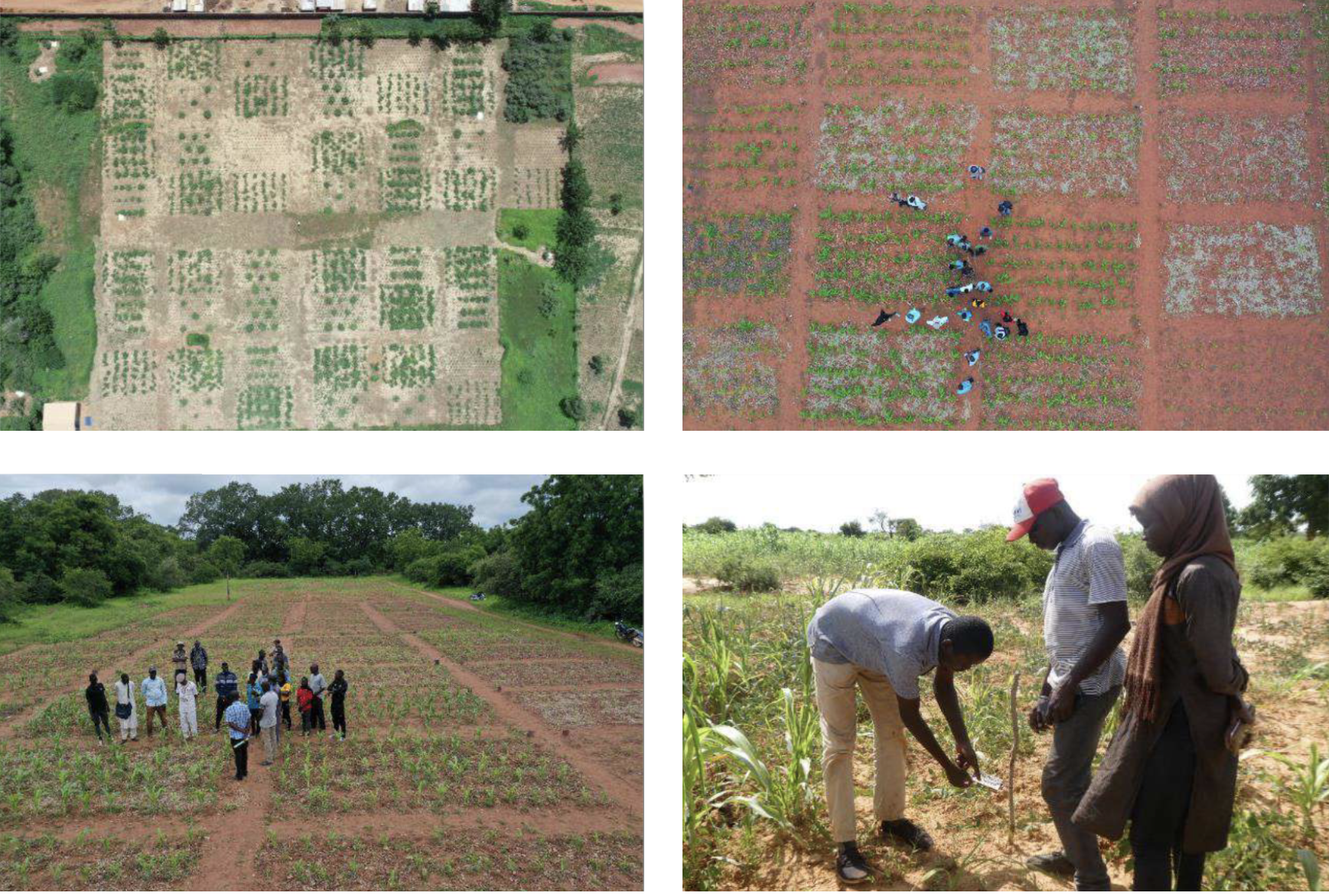
The name originates from the paper bag, children used to bring to school, with lunch inside. It suggests that the seminar takes place at lunch time, when audience is invited to bring their food and have lunch while listening to the speaker.
2 Rules
- Each seminar lasts 1 hour and starts at noon.
- Bring your lunch and consume it quietly, respecting the speaker.
- The seminar is discussion focused: presenters should aim to give at least 20 minutes for discussion at the end, or even better, have a round of discussion every 3-4 slides.
- The target audience are PhD students. Professors and other senior staff should only ask questions after all PhD questions have been answered.
3 Upcoming seminars
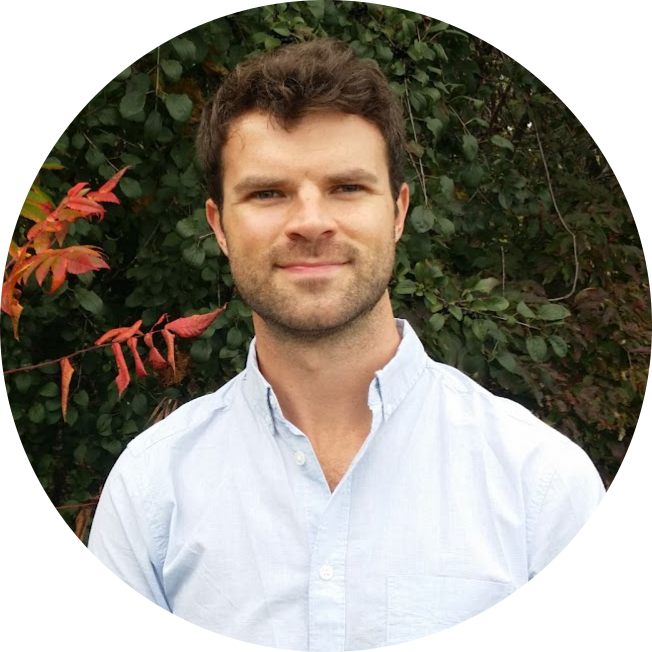
2025 Oct 2
SOL B 4
Padraic Casserly, Global Health Engineering (GHE), ETHZ
Exploratory approaches to eliminate pathogens from a community sanitation system in Malawi
4 Past seminars
2025
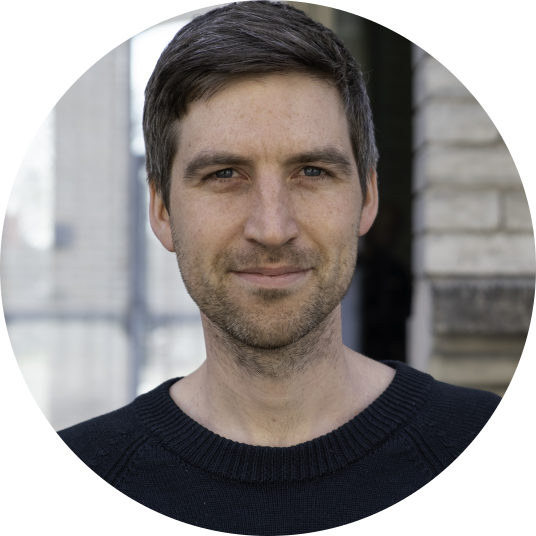
2025 Sep 18
SOL B 4
Lukas Fesenfeld, Energy and Technology Policy Group (ETP), ETHZ
The Political Economy of Transforming Livestock Systems
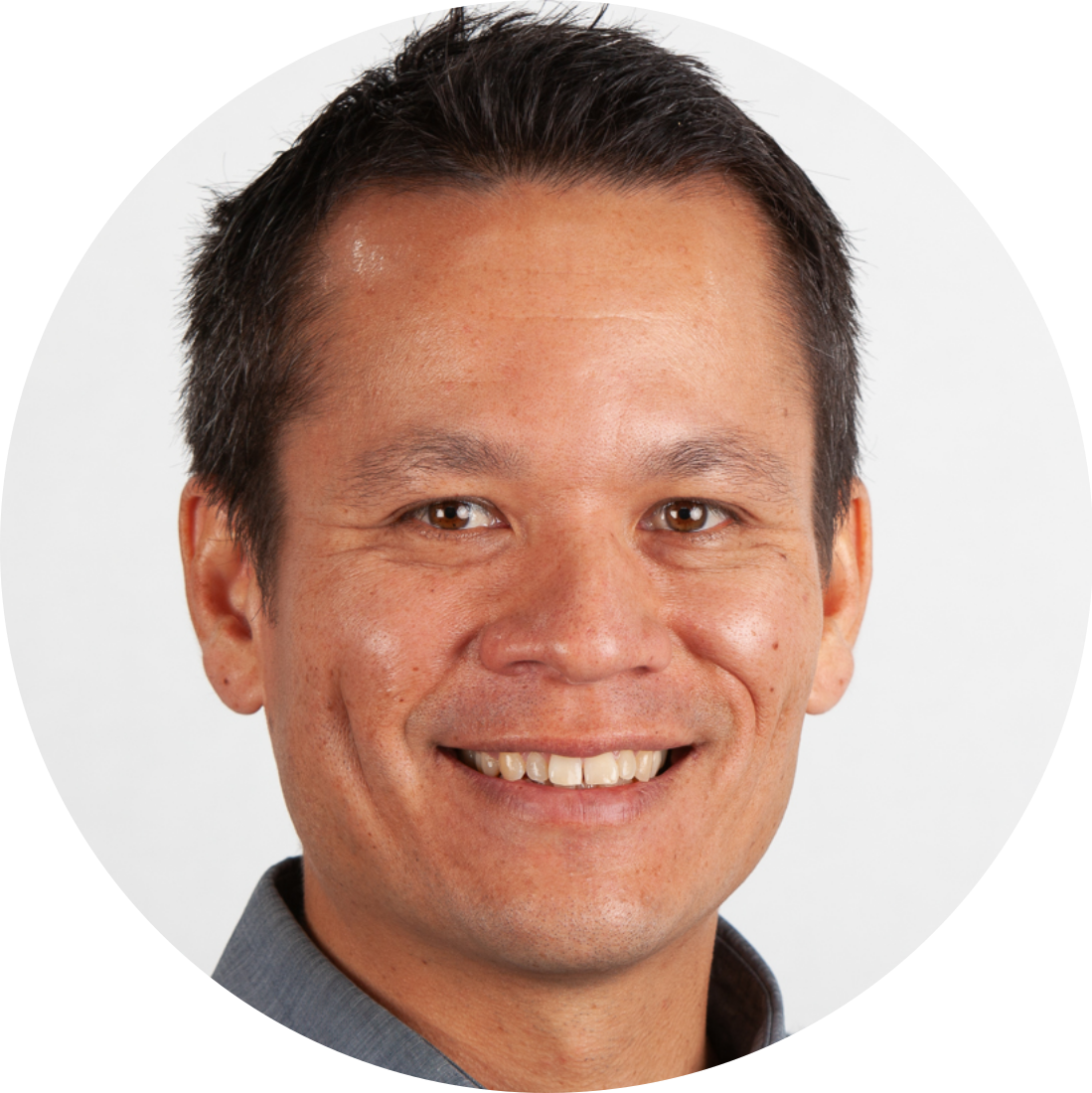
2025 Aug 7
SOL B 4
Marc Müller, Eawag and University of Notre Dame,
Did irrigation expansion improve household nutrition?
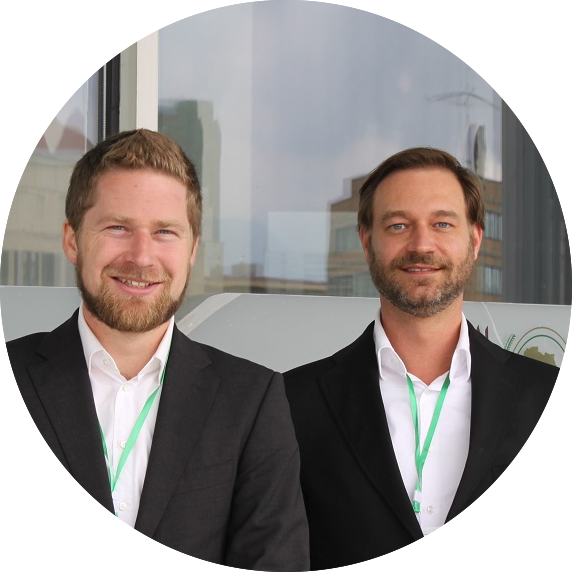
2025 Jul 10
SOL B 4
Michael Brander & Matthias Huss, Impaxio
Using SMS and WhatsApp surveys to collect data in academic research projects - Showcasing Impaxio
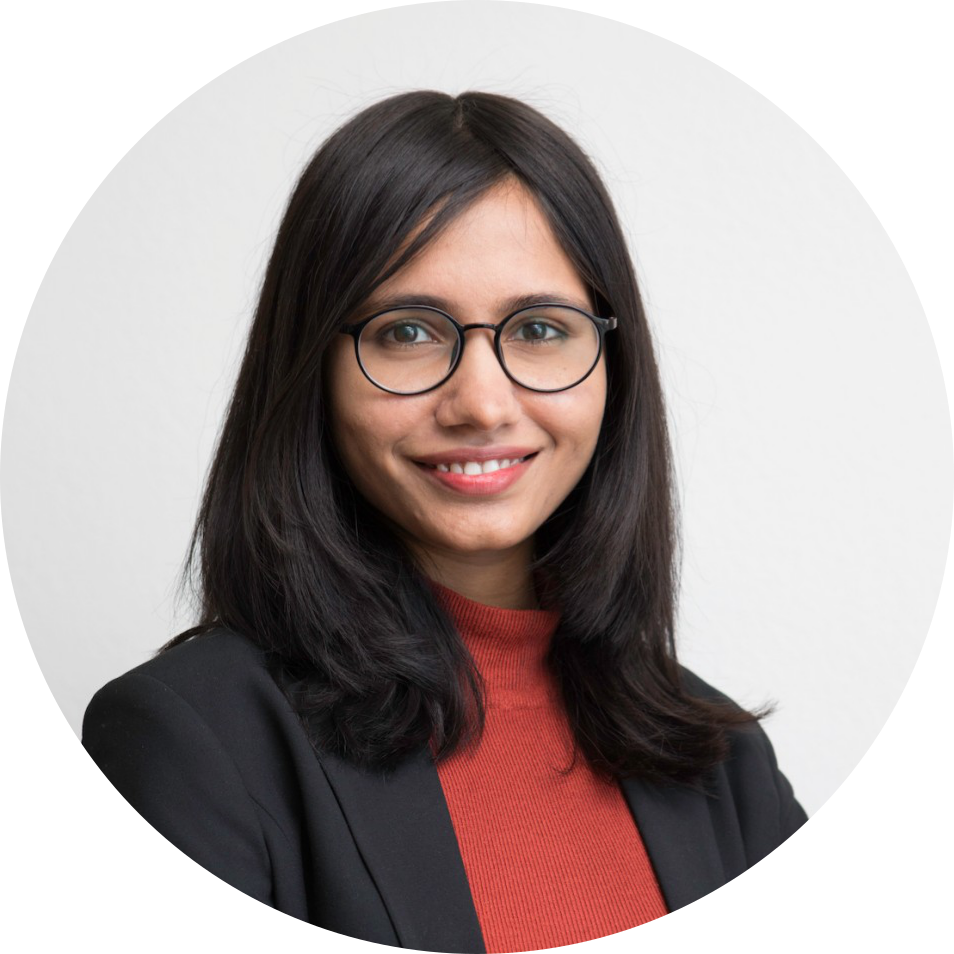
2025 Jun 5
SOL B 4
Saloni Vijay, Global Health Engineering (GHE), ETHZ
Challenges in Air Quality and Health Impact Monitoring from Open Waste Burning in Under-Monitored Regions
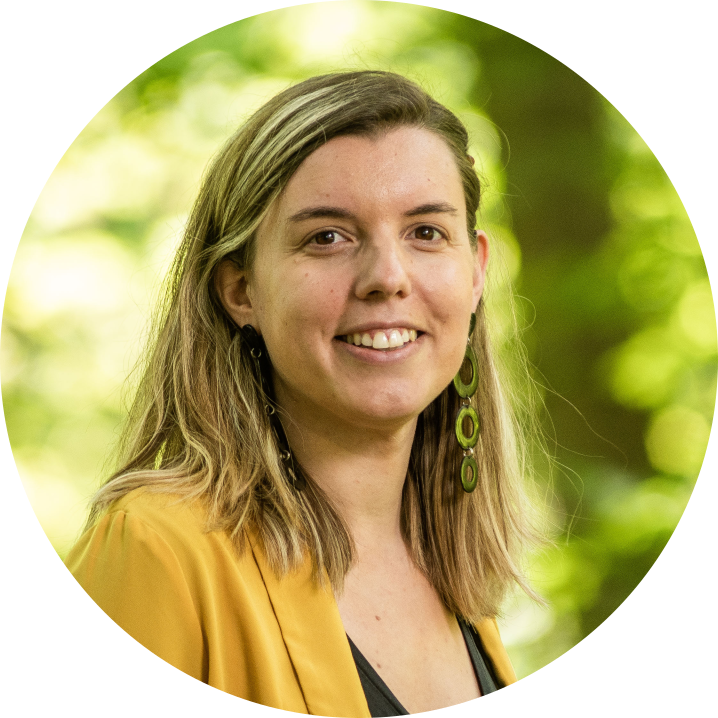
2025 Apr 3
SOL B 4
Martina Occelli, Cornell University
Local Ecological Knowledge: A Space for Interdisciplinarity and Inclusivity in crop Improvement
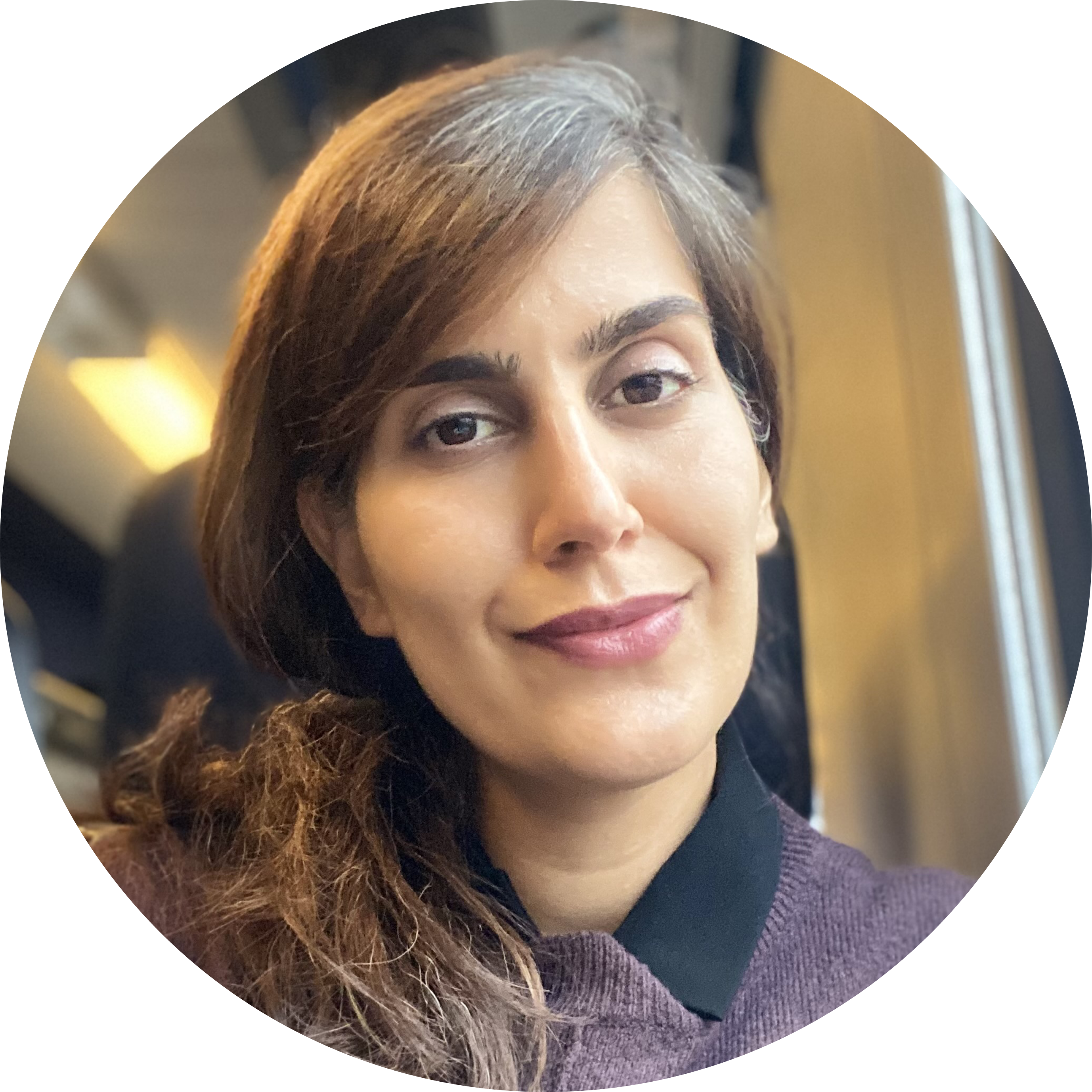
2025 Mar 6
SOL B 4
Fatemeh Adelisardou, The Agroecological Transitions Group (AET), ETHZ
Improving Sustainability of Food Production Under Climate Change: Reinventing Agroecological Rice Farming in Iran
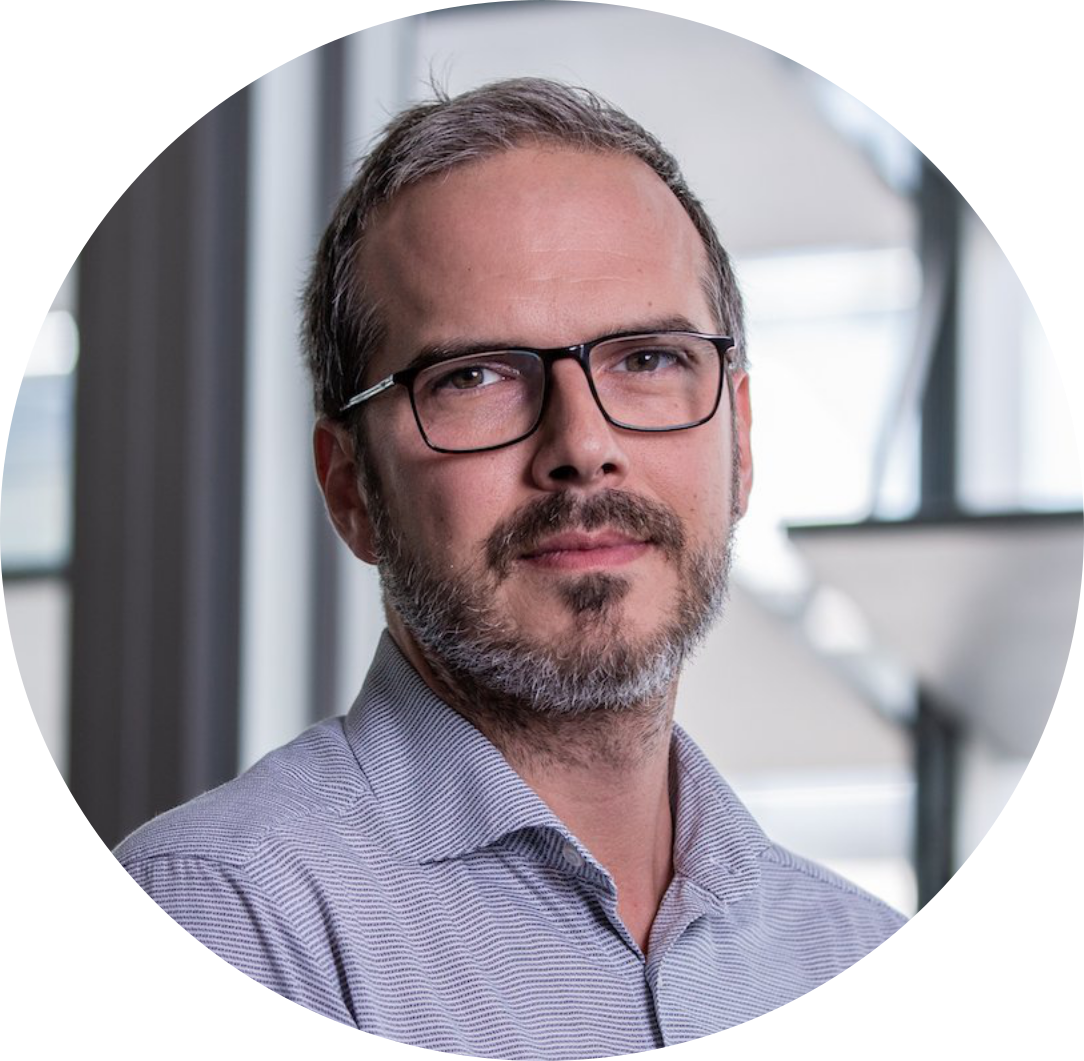
2025 Feb 6
SOL B 4
Nicolas Pons-Vignon, University of Applied Sciences and Arts of Southern Switzerland (SUPSI)
Building Labour Power through Worker-driven Research? Reflections from the Care Sector
2024
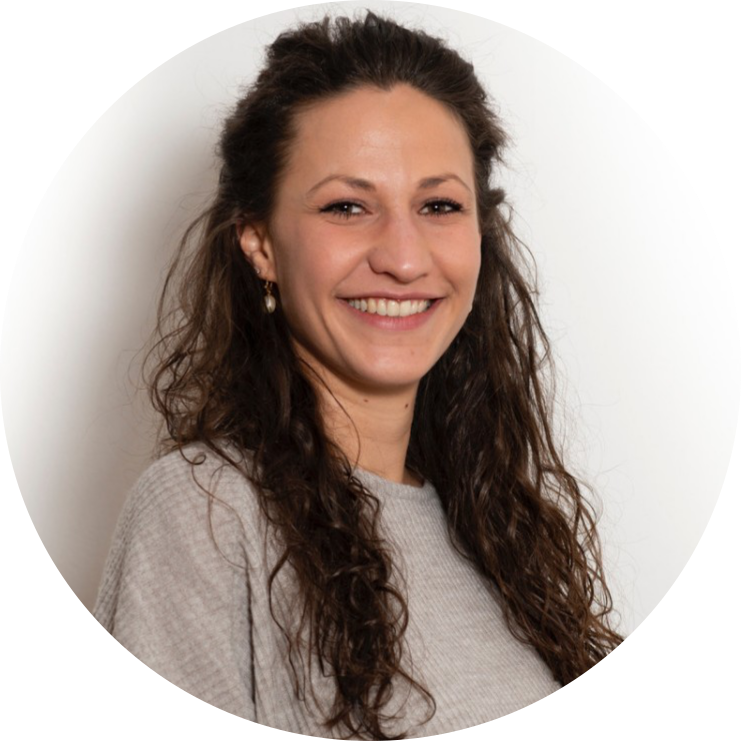
2024 Nov 07
SOL B 4
Braida Thom, Environmental Systems Science, ETHZ
Different Perceptions about Environmental and Social Impacts in the Coffee Value Chain. Insights from Brazil, DRC, and Switzerland
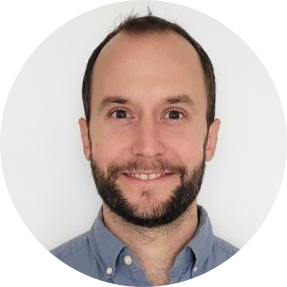
2024 Oct 03
CLD D 1
Jules Peter, Global Health Engineering (GHE), ETHZ
Inventing the Myco-Toilet
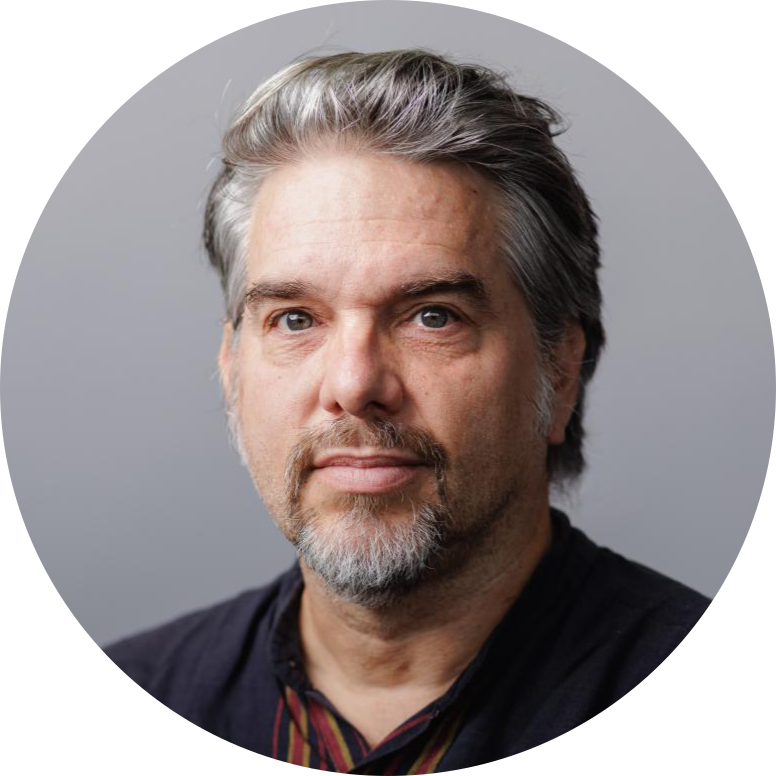
2024 Sep 12
SOL B 4
Carlos Oya, SOAS University of London
Interrogating Statistical Categories for Work in Agriculture: Informal, Casual, Decent, Employment
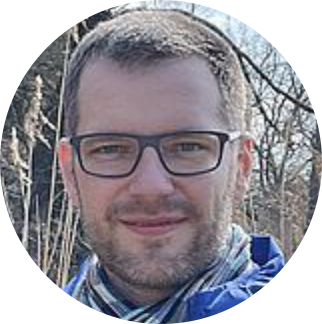
2024 Jul 04
SOL B 4
Christian Grovermann, Institute of Organic Agriculture (FiBL)
Evidence for Agroecological Intensification (slides)
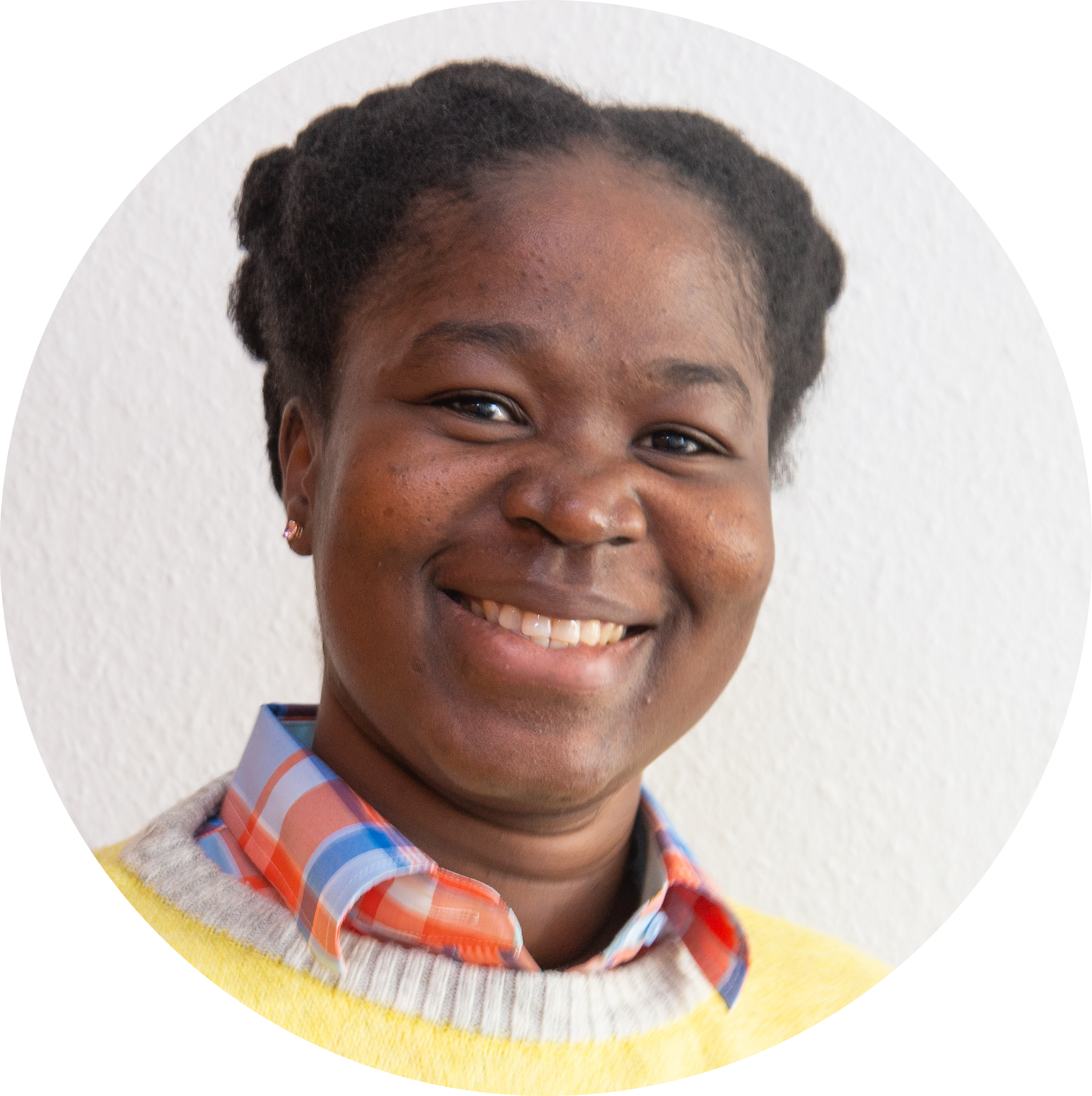
2024 Jun 06
SOL B 4
Philipa Birago Akuoko, University of Bern
Governing Informality in Public Spaces and its Implication for Food Supply (slides)
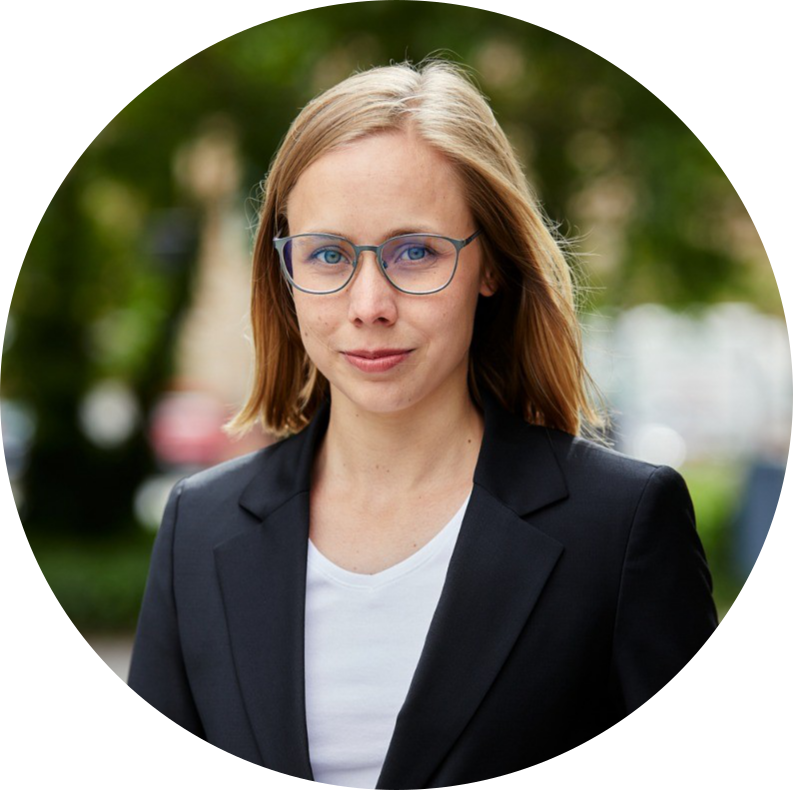
2024 May 02
SOL B 4
Celestina Heepen, Food System Economics and Policy Group (FSEP), ETHZ
Qualitative Investigation of Labour Matching Processes in the Swiss Vine Production
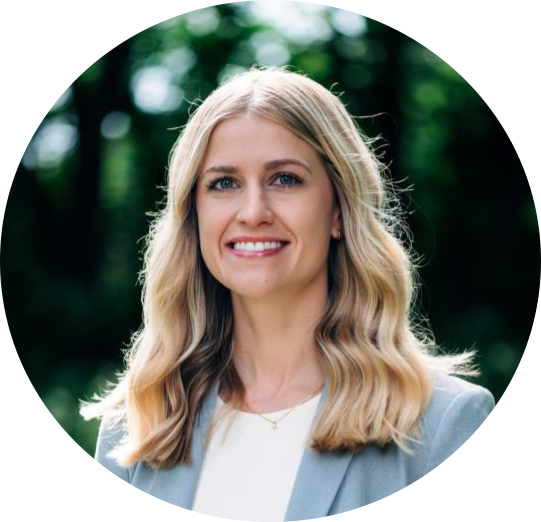
2024 Apr 04
CLD D 1
Rebecca Alcock, University of Wisconsin-Madison
Rural Health Facility Electrification with Off-Grid Solar and Micromobility Networks
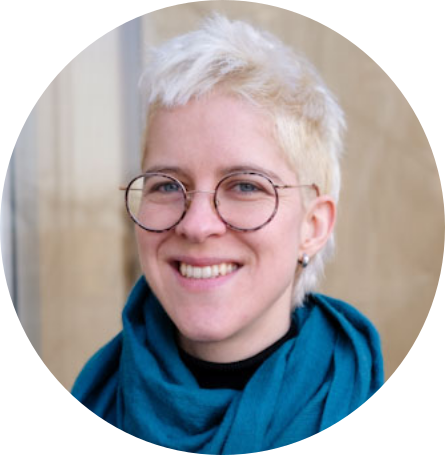
2024 Mar 07
SOL B 4
Marie Sigrist, The Agroecological Transitions Group (AET), ETHZ
I have no choice, I have to pick this coffee to cope! Power Asymmetries and Strategies in the Coffee Sector in South of Minas Gerais, Brazil
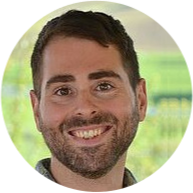
2024 Feb 01
SOL B 4
Moritz Egger, Institute of Organic Agriculture (FiBL)
Uncovering Sustainability Perspectives: Exploring Local Definitions and Criteria in Cocoa, Olive, and Almond Farming Communities through a Photovoice Action Research Process
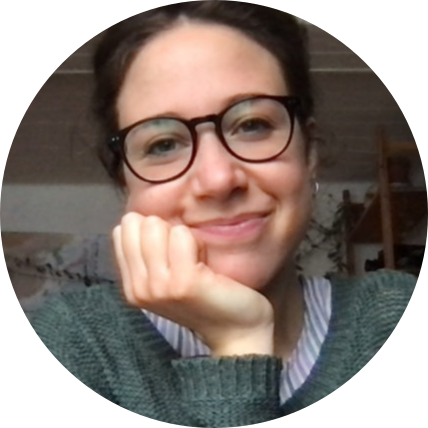
2024 Jan 18
SOL B 4
Giorgia Giordani, University of Tuscia
2023
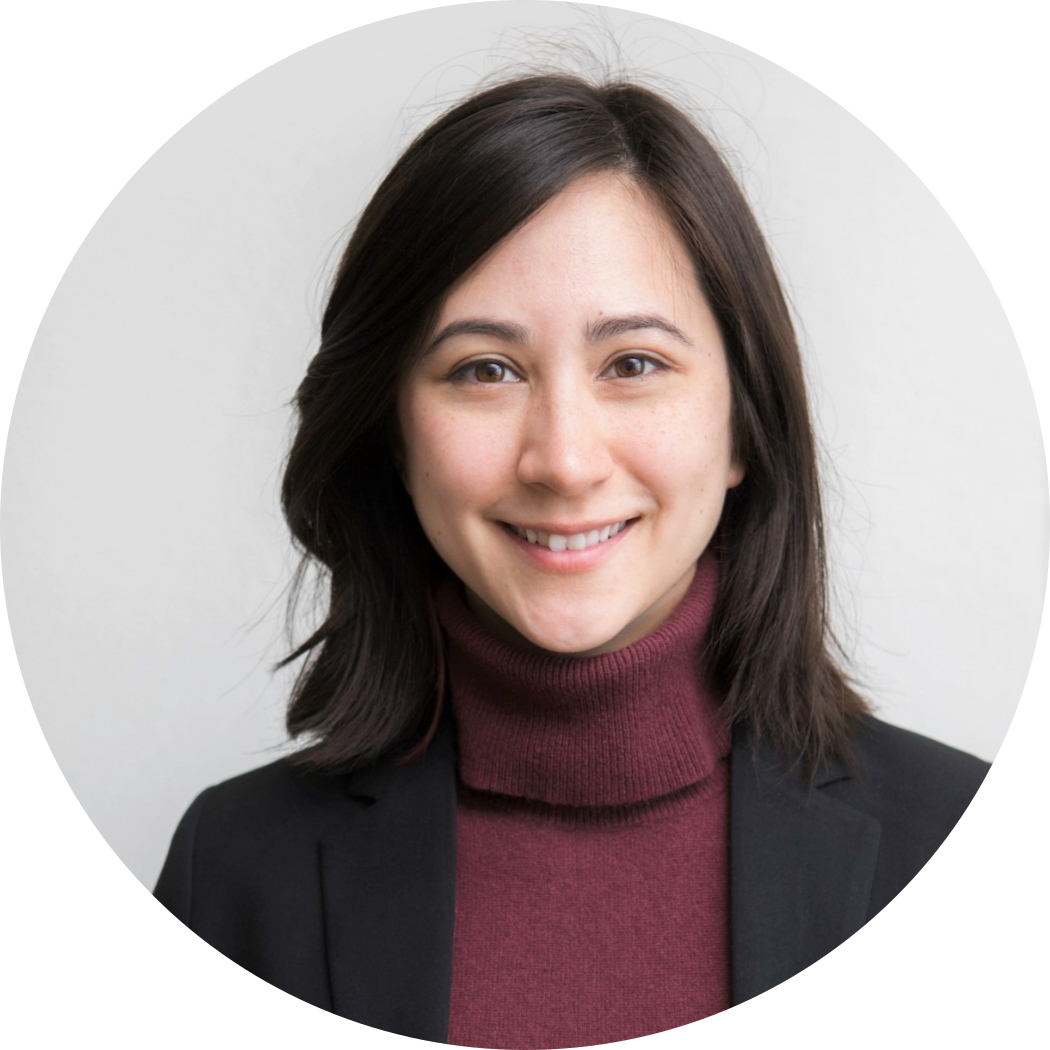
2023 Dec 09
CLD D 1
Lin Boynton, Global Health Engineering (GHE), ETHZ
Recap from INC-3: The United Nations Negotiations for the Global Plastics Treaty
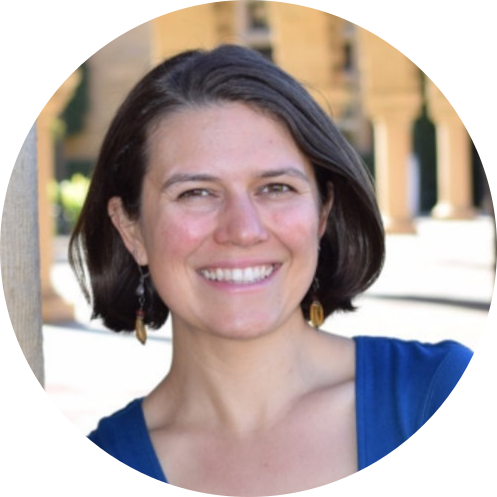
2023 Nov 11
CLD D 1
Mollie Chapman, Transdisciplinarity Lab (TdLab), ETHZ
Redesigning Direct Payments to Farmers in Switzerland
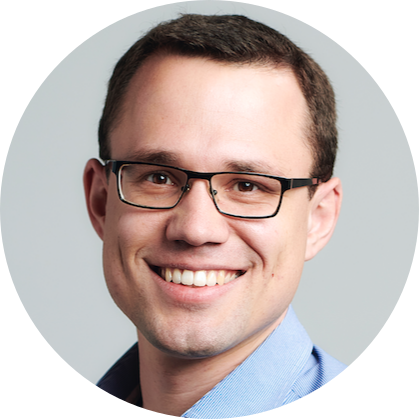
2023 Sep 07
SOL B 4
Patrick Illien, Food System Economics and Policy Group (FSEP), ETHZ
Empowering informal workers through unionization: a transdisciplinary photovoice project